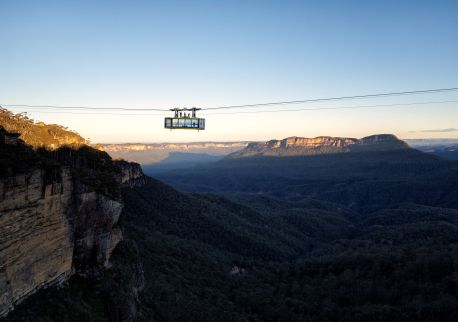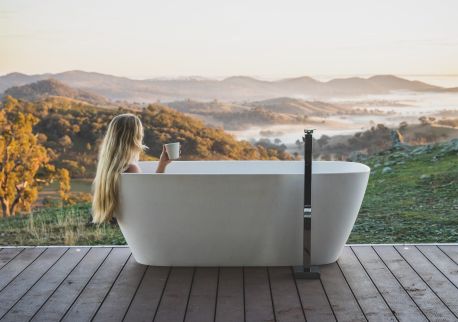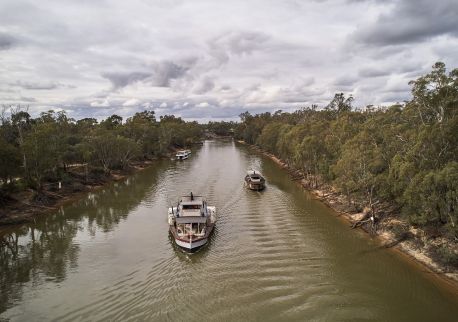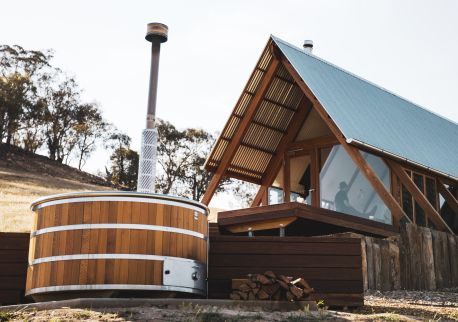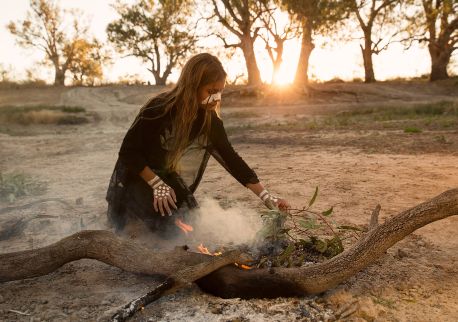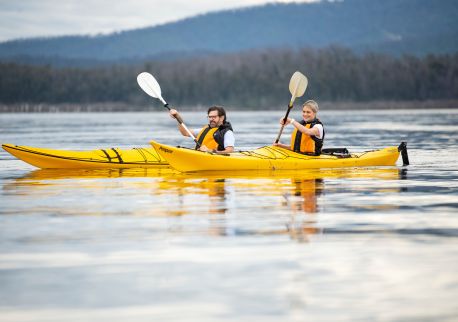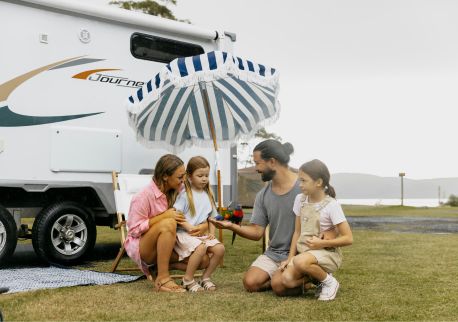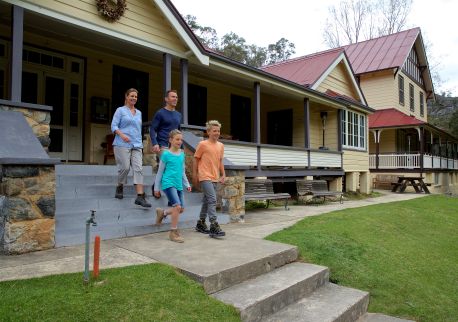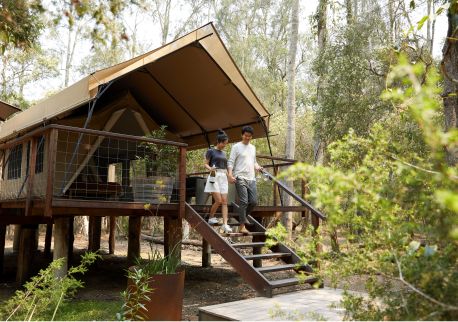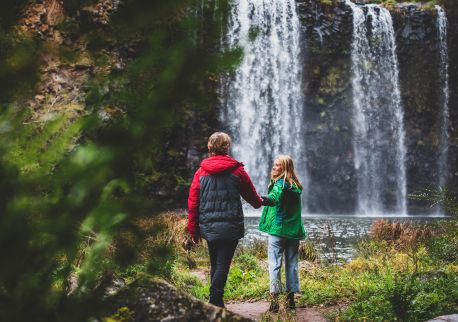McIntosh Estate
Highlights
Personal tastings with the vineyard owners
Scenic views from a rustic shed cellar door
Overview
Join McIntosh Estate in Mudgee New South Wales at their unique rustic shed cellar door and enjoy a wine-tasting experience of their amazing wines while looking out at the beautiful views of the vineyard, lawn, and nearby hills. McIntosh Estate is Mudgee's newest cellar door, but the vineyard dates back to the late 1960's.
You will experience a meet-the-maker tasting where one of the owners at McIntosh Estate will take you on the tasting journey and share the stories of the grapes, wine-making and vineyard experiences while you relax and sip the wines. The owners do all the work at the vineyard themselves so you can ask any question about the planting of vines, growing, harvesting, pruning and more, but the best part is getting to taste the wines.
The vineyard is situated in the heart of the Mudgee wine region, five kilometres north of town. The location, climate, soil and 55-year-old vines play an integral part in the quality of the wines.
The wines have won medals at the Mudgee Wine, NSW Small Winemakers, and the Australian Small Winemakers Shows.
They are also proud to be recognised by Visit NSW.com as one of the 10 must-visit wineries in Mudgee.

